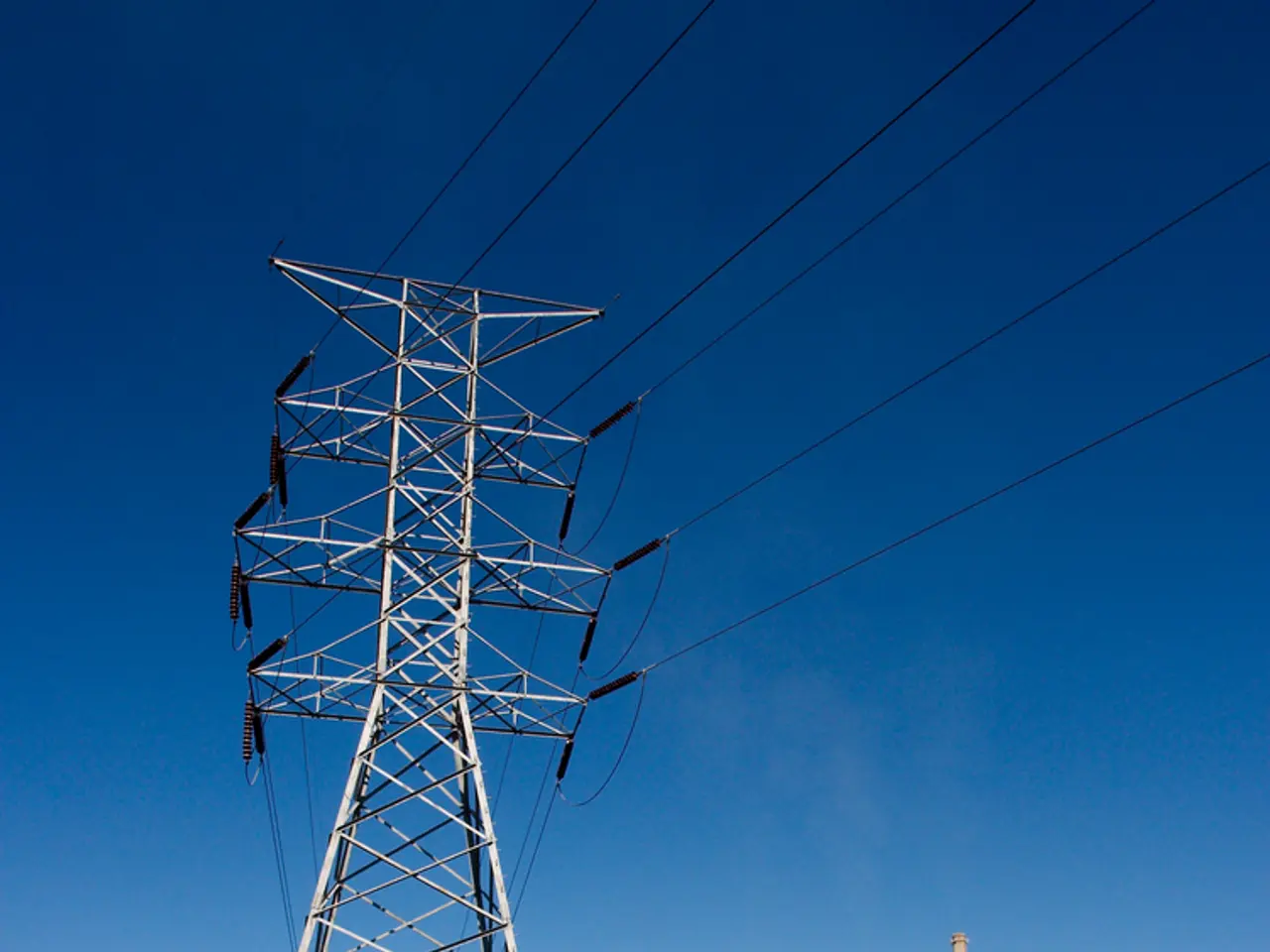EU Sounds Alarm on Hybrid Cyberattacks Threatening Energy Infrastructure
The European Union has sounded the alarm on hybrid cyberattacks, elevating them to a top-tier priority. This comes as Europe's energy infrastructure faces an unprecedented surge in cyber threats, with Russia, Iran, and China identified as the most capable state actors in this domain.
The EU has ranked hybrid digital warfare among the gravest threats to its stability this year. Officials fear that attacks on energy infrastructure are part of a strategy to undermine European resilience. Nearly half of these incidents involved unauthorised access to operational technology systems. In the first half of 2025, ENISA recorded a 67% rise in cyber incidents against energy-related entities in the EU.
The European Commission is accelerating plans to roll out a bloc-wide 'Cyber Shield' mechanism for coordinated threat intelligence and rapid response. Meanwhile, France and Germany are investing in measures to enhance cybersecurity in their energy infrastructure. However, the search results do not provide information about which states are presumably the leading actors in the cyberattack on the European Union's energy infrastructure.
The EU's energy infrastructure is under siege from cyber threats. With the risk posed by hybrid cyberattacks at an all-time high, the EU is bolstering its defences and working together to protect its critical infrastructure from potential state-sponsored attacks.
Read also:
- Eric Dane Diagnosed with ALS, Advocates for ACT for ALS
- Deepwater Horizon Oil Spill: BP Faces Record-Breaking Settlement - Dubbed 'Largest Environmental Fine Ever Imposed'
- Meta Unveils Ray-Ban AR Display Sunglasses; TikTok Agrees to $200 Million Deal
- Aragon Energy Sector Unites to Push for RDL 7/2025 Validation




